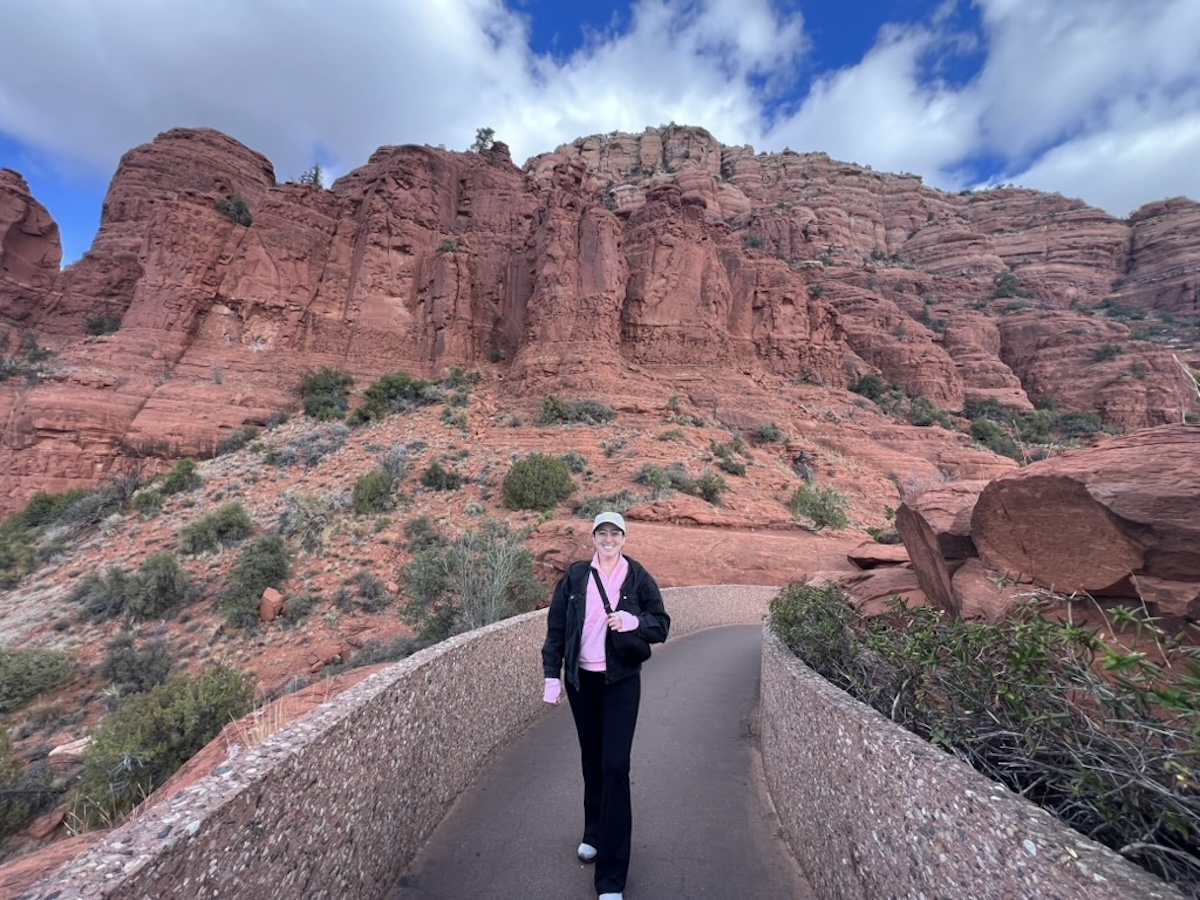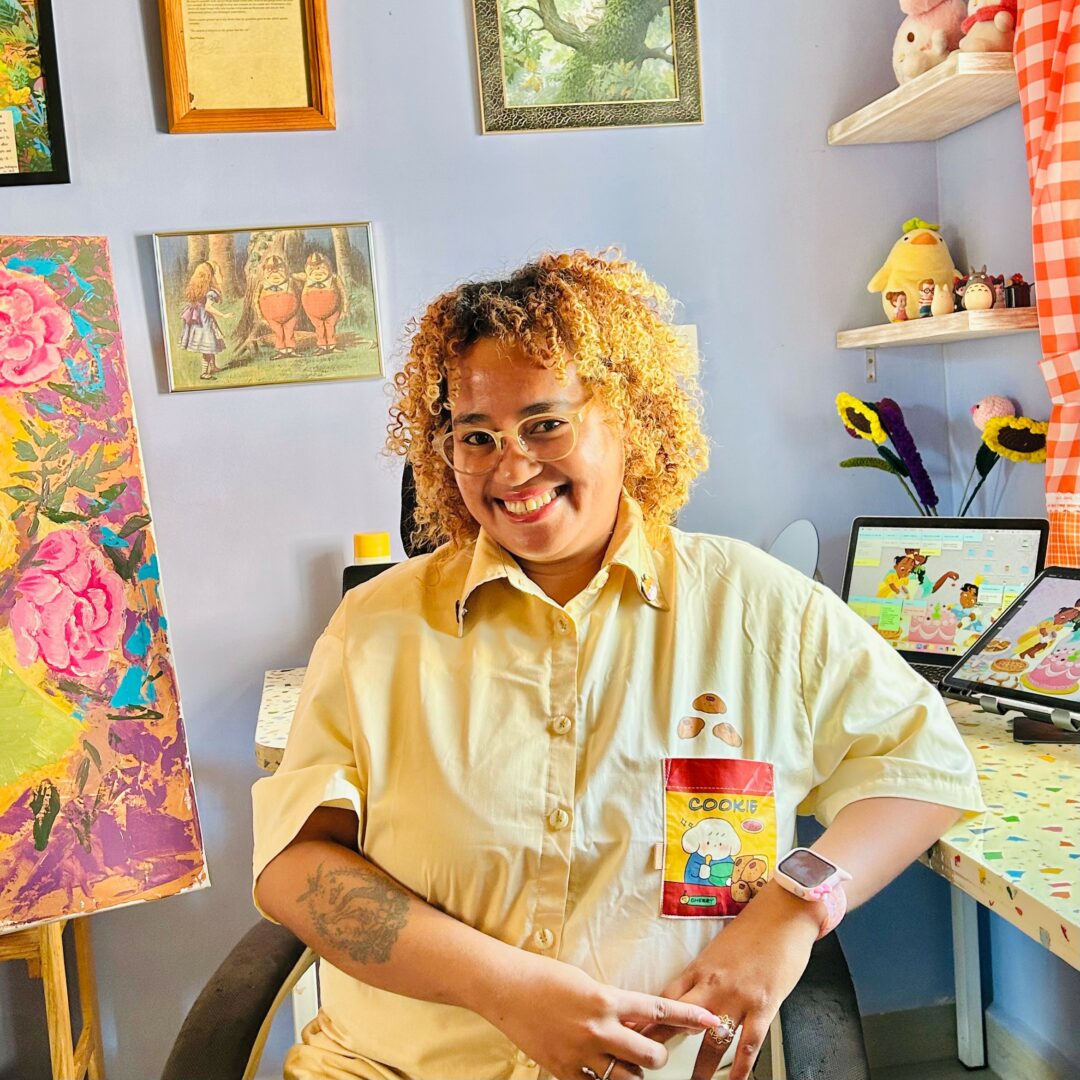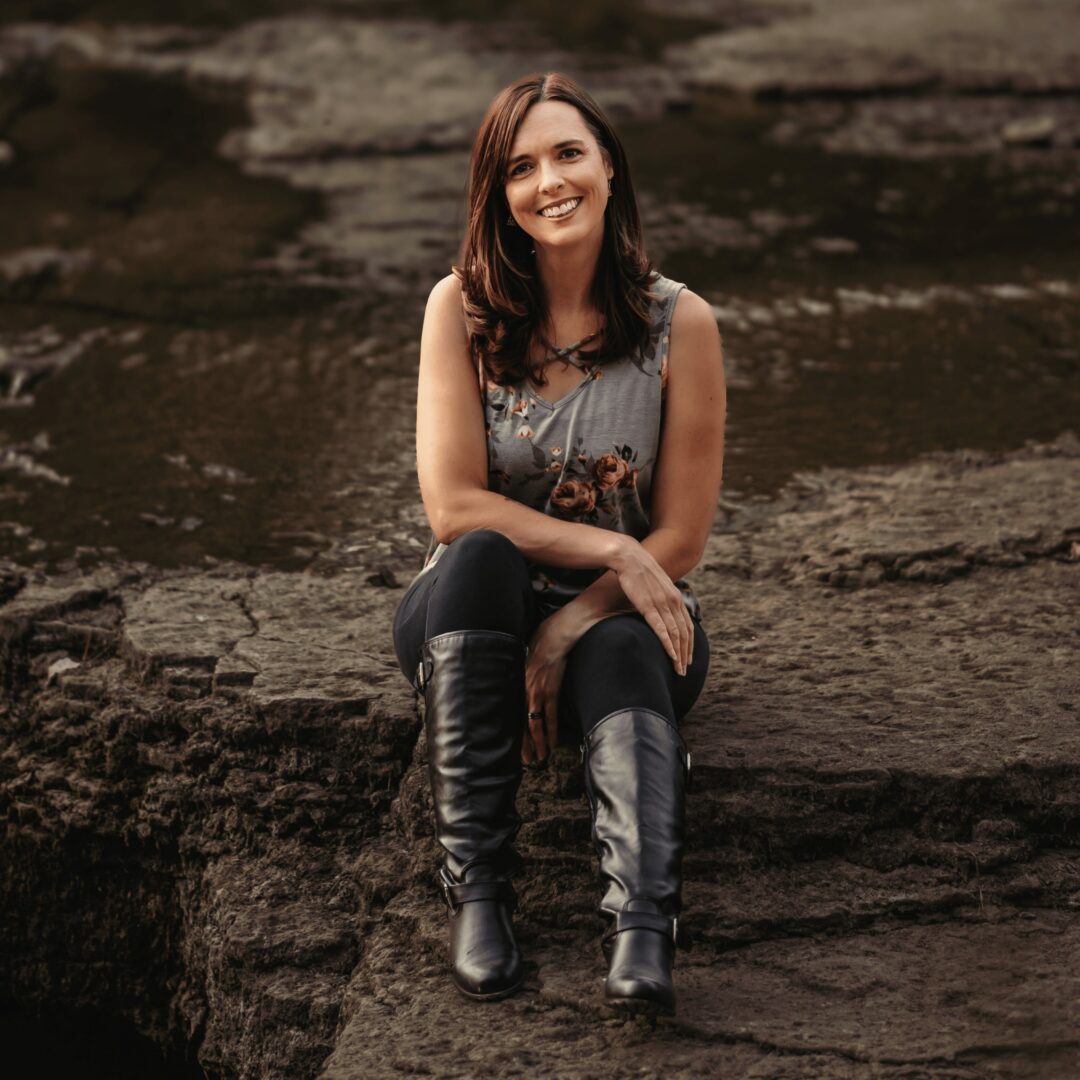We recently connected with Heather Starr and have shared our conversation below.
Hi Heather, so excited to have you with us today and we are really interested in hearing your thoughts about how folks can develop their empathy? In our experience, most folks want to be empathic towards others, but in a world where we are often only surrounded by people who are very similar to us, it can sometimes be a challenge to develop empathy for others who might not be as similar to us. Any thoughts or advice?
Throughout my childhood and early adulthood, I both witnessed and experienced a lot of violence and abuse – physical, emotional, and sexual. By the time I turned 20 years old, I had been beaten, endured bruises and broken bones, been raped and sexually assaulted, and felt very emotionally worn down. I had no self-esteem or sense of self-worth. The common factor in all of my negative experiences was that I felt very, very alone through it all. I never felt like I had someone to turn to, to talk to, to cry to, etc. I just took it and moved forward. Somehow all of this made me incredibly empathetic and compassionate. I feel like no one should ever have to endure trauma and abuse in silence or alone. I felt driven and compelled to serve and support people who have experienced violence and abuse in their own lives. When I decided to pursue my Masters Degree, I knew it had to be something within the realm of serving others. While completing that degree (Social Justice and Human Rights) I had to take a course on human trafficking. It was like a lightbulb moment for me. I just KNEW, that was where I belonged. My purpose in life is to be the person for others that I never had myself. I work every day with survivors of human trafficking – people who have experienced things most of us cannot even comprehend. It is truly the joy of my life to have the opportunity to simply BE THERE for them. To listen, to believe, to ensure they have someone they can trust, someone who is on their side. I don’t know if I would be who I am if not for the things I lived through. I can’t say that I’m glad these things happened, but I am eternally grateful for the outcome. My empathy might be my greatest personal trait.

Great, so let’s take a few minutes and cover your story. What should folks know about you and what you do?
I am one of the two founders of Lotus Foundation. We are a nonprofit in Colorado Springs, CO that serves survivors of human trafficking throughout the state. We provide confidential advocacy and case management services, with the ultimate goal of seeing each survivor leading a safe, healthy, and independent life. The details of services each survivor receives are completely individualized and guided by them. No two survivors have the same story, same background, or are in the same place in life, and therefore cannot be treated with a generic ‘one size fits all’ approach.
Our services fall into three main categories: emergency services, confidential advocacy, and long term case management. So what does that all mean, right? Emergency services can be things like transportation to safety, locating emergency shelter, providing food or clothing, etc. (two photos of our donation room attached – all free to survivors) Our confidential advocacy services might include assistance with filing a police report or for a protection order, referrals to outside resources, enrollment into the Address Confidentiality Program, or support during medical appointments or court hearings. Long term case management encompasses a little bit of everything else in an ongoing capacity, for as long as each survivor wants. We provide a lot of emotional support and safety planning, because we never want a survivor to feel like they are alone in the world.
Additionally, our team participates in a lot of community events to support our partner organizations and to let the public know that we are here and helping. (photo)
I think what makes our organization unique is that we don’t really set any kind of hard limitations or requirements. Whether a survivor wants to reach out one time for some food and shampoo and then never again, or they want to keep in contact with us for the next ten years, we are equally happy to do both. We don’t limit who we serve – all genders, all ages, all races, all ethnicities, all religions, etc, survivors of both labor and sex trafficking. We tend to take the approach of – if you need us, we will do all that we can to support you, no matter what.
It is important to us that survivors feel comfortable, both with our advocates and in our space. We try to keep our office cozy and comfortable so when a survivor comes in, they can feel at ease. (photo)
If you are seeing this prior to Saturday, January 11th and you are in the Colorado Springs area, we would love for you to attend our Hope Blooms Benefit! (photo) Information can be found at www.givebutter.com/bloombenefit

Looking back, what do you think were the three qualities, skills, or areas of knowledge that were most impactful in your journey? What advice do you have for folks who are early in their journey in terms of how they can best develop or improve on these?
Victim advocacy is a very broad field, and things are constantly changing. Each state has different laws in addition to federal laws. There are aspects that apply to some areas and not others. There are even aspects that apply to some demographics and not others. This isn’t a field where you can learn everything and then be all good to go. It requires constantly learning, updating, adapting, and listening to the survivor feedback.
Generally speaking, you need to be trauma-informed. You need to be open-minded and willing to adjust your own biases or ways of thinking. It’s also incredibly important to take care of yourself along the way. Provider burnout, second-hand trauma, compassion fatigue, these are all very real (and very normal!) things that will impact your ability to do your job and to function even in your personal life. Self-care is crucial!

Looking back over the past 12 months or so, what do you think has been your biggest area of improvement or growth?
I am a very introverted person with social anxiety, so when we launched Lotus Foundation and I had to start public speaking, it did not come easily for me! Giving presentations, doing news interviews, teaching classes – these were all so hard for me to get used to. I would get all nervous and sweaty and forget everything I’ve ever known. While I don’t think I will ever LIKE doing these things, I can admit that I have gotten much better at them over time. Every time I have to speak, I make sure someone records it for me so I can watch it later and critique myself. In the past 12 months, I have definitely started seeming less awkward than I feel! That is a big deal for me.
Contact Info:
- Website: https://www.LotusFoundationCO.org
- Instagram: www.instagram/lotusfoundationco
- Facebook: https://www.facebook.com/lotusadvocates
- Linkedin: https://www.linkedin.com/in/heather-starr-



so if you or someone you know deserves recognition please let us know here.




